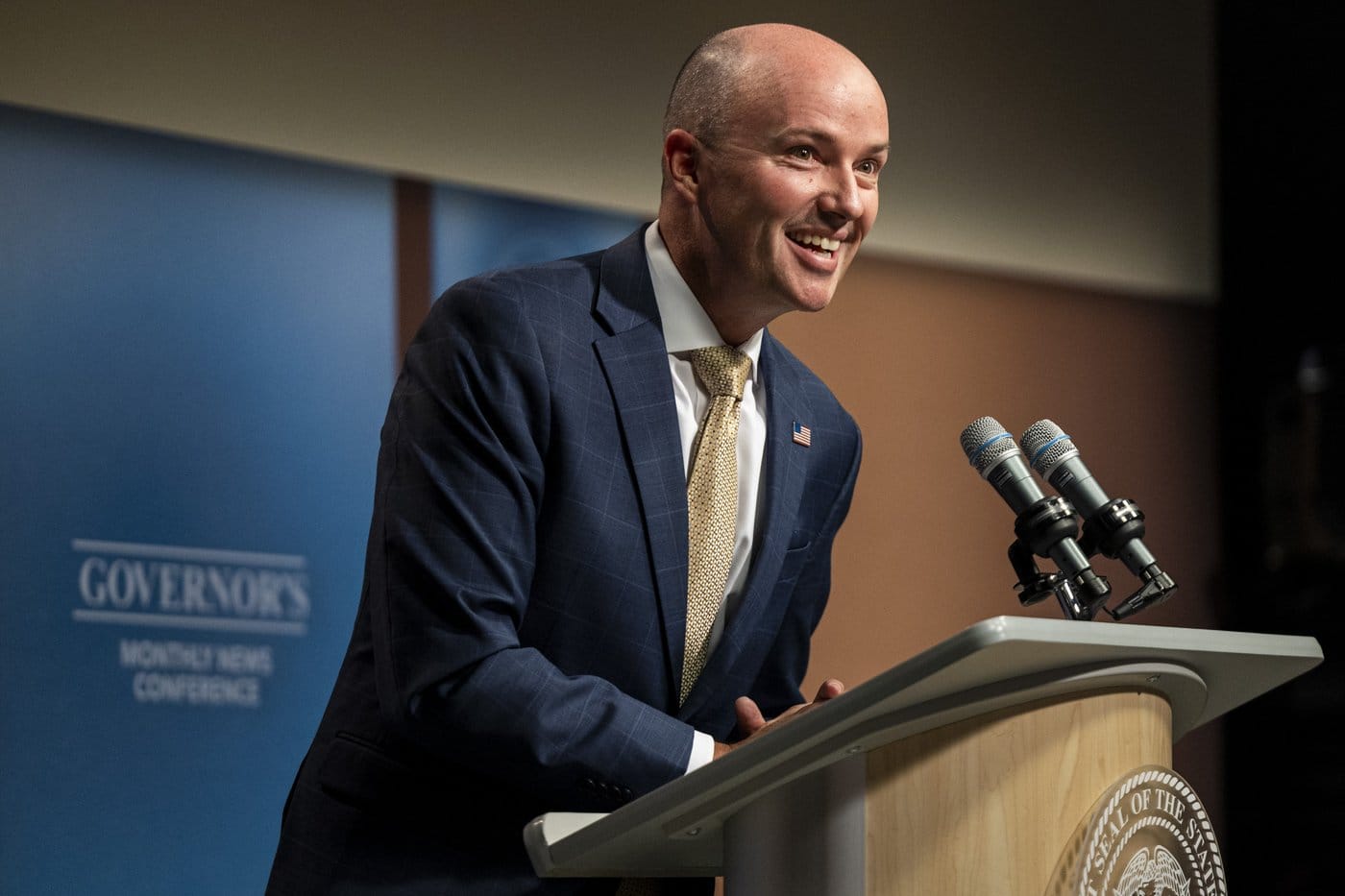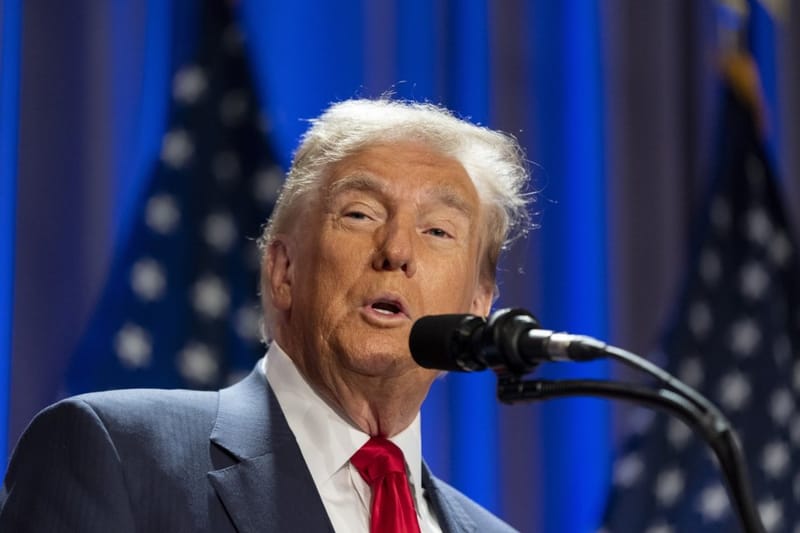The governor of Utah says he's hopeful, despite his previous comments, Trump can bring the country together
During his presidency, Trump had previously made derogatory remarks about immigrants from Haiti and other countries.

On Thursday, Utah Governor Spencer Cox reiterated his support for Donald Trump, despite Trump’s continued use of inflammatory and insulting rhetoric on the campaign trail.
Cox, who had endorsed Trump in July following an assassination attempt on the former president, expressed hope that Trump would abandon his divisive behavior.
Prior to the endorsement, Cox had not voted for Trump in either 2016 or 2020 and had stated that he would not vote for him this year.
In a letter of support, Cox urged Trump to treat his political opponents with “basic human dignity and respect” and to focus on unity rather than hate.
Despite Trump's recent remarks, including controversial comments about Haitian immigrants, Cox remains optimistic that Trump might adopt a more unifying tone.
“I have to be optimistic, and I will remain optimistic,” Cox told reporters. “I’m going to do everything I can to help him and others to bring our country together.”
He acknowledged that he doesn’t expect Trump to change his behavior solely because of his influence, but he remains committed to encouraging a more unifying approach.
Since last week’s presidential debate, a small city in Ohio has been plagued by hoax bomb threats. This follows Trump’s false accusations that members of Springfield’s Haitian community were involved in disturbing activities.
During his presidency, Trump had previously made derogatory remarks about immigrants from Haiti and other countries.
Cox introduced Trump at a private fundraiser in Salt Lake City days after the debate.
Although Cox is running for reelection and has not received an endorsement from Trump, he reiterated his message to Trump during their conversation, urging him not to foster division.
Trump has also faced criticism for his attacks on his opponent’s racial identity, including a false claim made earlier this year at a conference for Black journalists that Vice President Kamala Harris had “turned Black” after previously highlighting her South Asian heritage.





